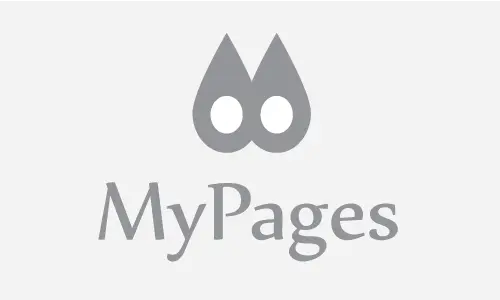
10 Reasons You Shouldn’t Use ChatGPT or Bard for Legal Website Content
- They Don’t Offer Legal Expertise: ChatGPT and Bard are great tools, but they’re not designed to offer legal expertise. If you’re looking for information from a lawyer or an attorney with years of experience in a specific area of law, then you’re going to have to look elsewhere.
- You Have No Control Over the Quality of Content: ChatGPT and Bard offer a basic web-based AI-driven content creation platform. The content you get is only as good as the algorithm that produces it. If you’re looking for something unique or more professional, then you’re better off using a human writer.
- It’s Not Always Accurate: Because ChatGPT and Bard are AI-driven, they are not always accurate. If you’re trying to build a website or blog for something as sensitive as legal content, you want it to be as accurate as possible. Otherwise, it could lead to potential mistakes in your sites/blogs.
- It May Not Be Up To Date: Depending on the algorithms powering ChatGPT and Bard, it’s possible that the content might not be up to date. With the ever-changing laws and regulations in the legal world, this is something you want to avoid.
- No Customization Options: ChatGPT and Bard don’t offer any customization options. So, if you’re looking to tailor your content to a specific audience or use unique language to speak to them, then you might have to find another tool.
- No Understanding of Your Audience: Without a human touch, ChatGPT and Bard cannot understand the nuances of your target audience. This makes it difficult to create content that resonates with readers.
- No Human Touch: AI-driven content creation platforms can be helpful, but they don’t offer the level of nuance and understanding that comes with a human touch. Legal content requires that kind of precision.
- Content Might Not Be SEO Optimized: ChatGPT and Bard are not designed to create content that is optimized for search engine algorithms. Unless you use other resources to optimize the content yourself, it may not show up in search results.
- Lack of Consistency: Since ChatGPT and Bard use algorithms to generate content, there’s a chance that the content produced may be inconsistent. Without consistency, readers will struggle to keep up with the flow of the content.
- Not Truly Unique: The content generated by ChatGPT and Bard is mostly based on existing content and their algorithms. This means that it’s not truly unique and may contain some plagiarism issues.
